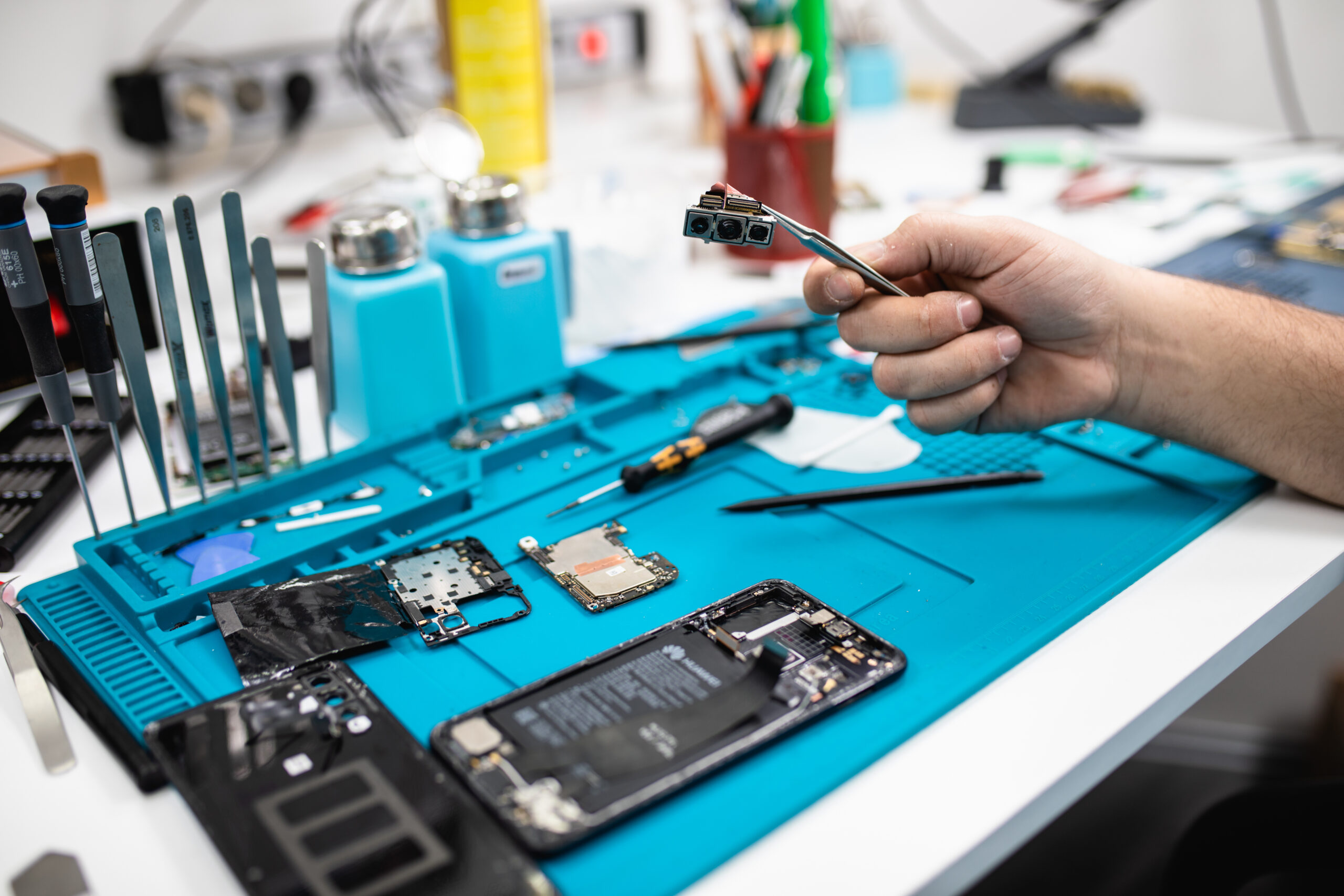On a daily basis, although you may not think about it, you encounter various products from your alarm clock, food, electronics, clothing, and even your car. When you purchase a product, you reasonably expect that the product is safe and suitable for use. When a product is defective, it can result in serious injuries. However, injured parties often don’t know who is to blame for their damages. If a defective product has injured you, it’s in your best interest to enlist the legal assistance of a competent Birmingham Product Liability Lawyer who can help you fight for the justice you deserve, as you may be able to receive compensation against the store that sold it to you. Please continue reading to learn whether retailers can be liable for defective products.
What are the most common causes of action in product liability claims?
When a product has a flaw that makes it unsafe for use, it’s considered defective. Typically, an injured party has grounds for a product liability claim for a defective product when their injuries result from a design defect, manufacturing defect, or failure to warn. When there is an inherent defect with the conception or design of a product, which makes it unsafe for use, and someone gets injured, they can pursue legal action on the grounds of a design defect.
On the other hand, when a perfectly safe product undergoes a mistake in the production process, meaning there is a deviation from the design, making the product dangerous for consumers, it’s considered a manufacturing defect. Regardless of the type of product, if it has the potential to be hazardous or harmful to a consumer, it should come with the proper instructions. When there is no user manual or warning label on a product, and someone is injured, they can take legal action for a failure to warn.
Can retailers be held liable for selling defective products?
Generally, the designer or manufacturer of the defective product will be held liable as they are responsible for the creation of the product. However, when retailers advertise an item, whether in-store or online, for sale, it’s implied that they ensure the product is safe for use. Even though retailers may not have manufactured or distributed a defective product, they can be held liable for any injuries or losses caused by a product they sold. Ultimately, retailers are legally obligated to ensure that the merchandise on their shelves is safe for consumers. It’s imperative to note that if a product is recalled, it’s the retailer’s responsibility to remove the defective products from their stores immediately.
While defective product claims against retailers can be challenging to prove, a qualified lawyer can help you fight for the just compensation you deserve for the damages you’ve incurred. Similarly to a personal injury case, in a product liability lawsuit against a retailer, you must prove the following elements:
- After purchasing the product, you used it in the way it was intended to be used.
- The product you used is defective
- The defective product directly caused your injuries and damages
If a defective product has injured you or someone you love, please don’t hesitate to contact a skilled lawyer who can help you gather evidence to prove your claim. We are prepared to help you navigate this intricate legal process to recover the just compensation you deserve.


